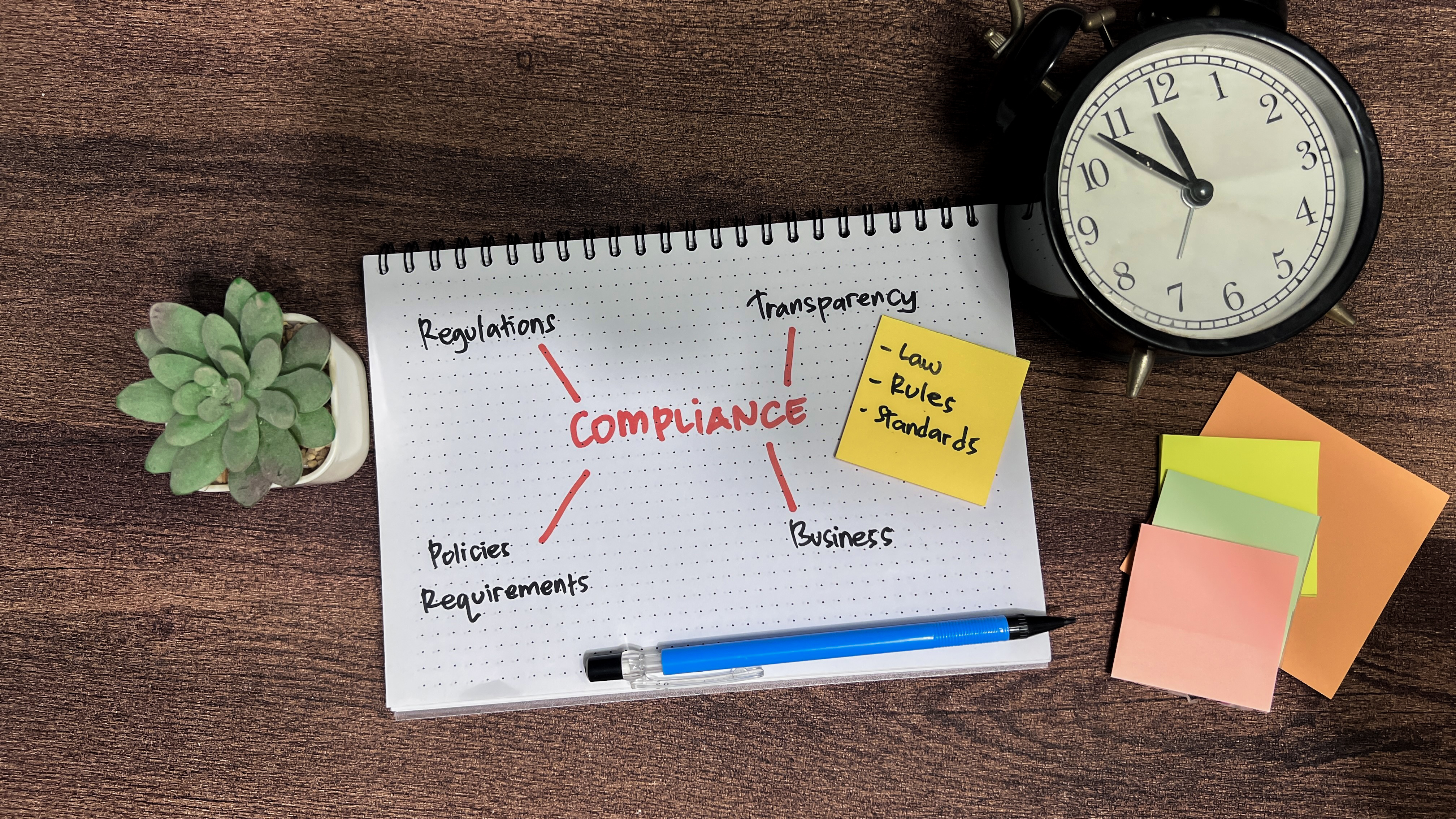Staying Within the Lines: Compliance and Regulations in Washington Real Estate

Washington’s real estate landscape is undergoing significant regulatory shifts. New laws affect everything from transactions to development practices. Understanding these changes is critical for property owners, buyers, sellers, landlords, and developers to avoid legal complications and achieve their goals. Here’s a detailed look at the regulations shaping Washington’s real estate market in 2025.
Broker Services Agreements
A major update to real estate practices in Washington requires agents to enter into broker services agreements with their clients. Effective January 1, 2024, these agreements formalize the relationship between real estate agents and both buyers and sellers. They outline the responsibilities of each party, helping to reduce misunderstandings during transactions. The update now requires that the buyer must also sign the agreement before any real estate agent facilitates the homebuying process.
This change is designed to promote transparency and protect the interests of all parties. Buyers and sellers alike must take the time to carefully review these agreements to ensure that their rights and obligations are clear before signing.
Housing Supply Legislation
As housing affordability and availability remaining pressing issues, the Washington State Legislature has focused its 2025 efforts on creating solutions. One of the most notable initiatives involves reforming the subdivision process. Streamlining lot splitting is expected to encourage housing development in areas where the market struggles to meet demand.
Property developers, in particular, stand to benefit from these changes, but compliance with zoning laws and local regulations will remain a significant factor in successfully completing new projects. Homeowners exploring subdivision opportunities will also need to carefully evaluate how these reforms align with their goals. Keep residential trends in mind when choosing a location for your commercial business.
Expanded Tenant and Seller Regulations
Tenant protection laws have been strengthened, requiring landlords to follow stricter guidelines for evictions and provide longer notice periods for lease terminations. These changes are designed to safeguard tenants while ensuring landlords adhere to higher standards of accountability.
On the other hand, sellers now face expanded disclosure requirements. Information about energy efficiency, smart home compatibility, and other property features must be shared with prospective buyers. These disclosures not only protect buyers but also create additional legal responsibilities for sellers. Failing to meet these requirements could lead to significant legal disputes.
Environmental Compliance
Environmental laws in Washington continue to play a critical role in real estate transactions and development projects. Three key elements of environmental compliance include:
- State Environmental Policy Act (SEPA): This law requires thorough reviews of potential environmental impacts before development can proceed. These assessments help identify risks and determine mitigation strategies.
- Phase I Environmental Site Assessments (ESAs): These assessments evaluate properties for potential hazards, such as soil contamination, prior to purchase or development.
- Environmental Impact Statements (EIS): Developers must complete these reports for projects with the potential for significant environmental harm. EIS reports detail risks and propose mitigation plans.
Failure to address these requirements can result in delays, legal challenges, or financial penalties, which makes early compliance all the more critical.
Challenges on the Horizon
Washington’s real estate market in 2025 faces several challenges that could complicate transactions and development:
- State Budget Shortfall: The projected $10–16 billion budget deficit may lead to new taxes, which could increase costs for property owners and developers.
- Proposed Rent Caps: Lawmakers are considering limits on rent increases, a policy that could alter strategies for property management and long-term investments.
- Technological Considerations: The adoption of smart technologies in real estate raises concerns about data privacy and compliance with cybersecurity laws.
These challenges add layers of complexity to an already intricate market, emphasizing the importance of careful planning and legal awareness.
Washington’s real estate regulations are evolving, bringing new opportunities and responsibilities for everyone involved in the market. Whether you’re navigating tenant protection laws, handling disclosure requirements, or tackling environmental compliance, understanding these changes is key to making informed decisions and avoiding unnecessary risks.
For legal guidance on how these regulations impact your commercial real estate goals, contact K&S Canon today.
Disclaimer: This blog post is intended for informational purposes only and does not constitute legal advice. For specific guidance, please consult a qualified attorney familiar with Seattle business regulations.




